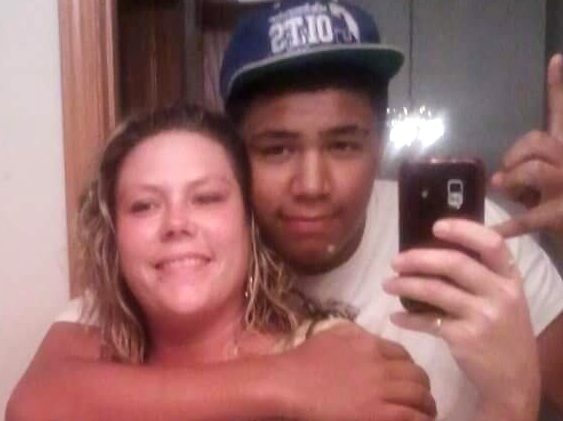“How would it end, ain’t got a friend, my only sin is in my skin…”
—Luis Armstrong
Like all political party conventions, the Democratic National Convention was a good show. It was part pep rally, part campaign commercial, and part love fest.
It was, again, like all good political conventions, designed to carefully construct a narrative and storyline that progressive strategists believe will help them win in November and beyond.
To that end, the convention featured events and speakers to build that narrative.
Some of the speakers, like the president, the vice president, and former president, we expected to hear from.
Some of the speakers, like the parents of Captain Humayun Khan, have created quite a bit of trouble for the Republicans, generally and the Republican presidential nominee, specifically.
And others, like Michael Bloomberg, were humorous and comical all at once.
But, I paid particular attention to one group of speakers at the convention — the nine mothers of young people who have been killed in racially charged incidents.
These “Mothers of the Movement,” as they are affectionately known, offered their support to Hillary Clinton in a prime speaking slot at the Democratic National Convention.
As always, these women were tempered, measured, poised and wonderful. They articulated their pain, which has now become our national pain, without hate or vilifying any person or entity.
They carefully laid out their reasons for supporting Hillary Clinton.
They expressed, to a crowd of delegates chanting “black lives matter,” tragic narratives which have become all-too-common in our time — young people killed before their time.
They stood on the stage symbolizing our parenthood, our troubled past in America, our humanity.
But, as they made their recitation, I noticed that one mother was absent from the stage.
Andrea Irwin.
Yes, Andrea Irwin. She is, in fact, the mother of a child killed in a racially charged incident.
She has focused her life on honoring the memory of her son and preventing other mothers from experiencing her pain.
She speaks publicly about her movement. Well. Passionately. Viscerally.
And, as the child of an educated and politically active mother, Irwin is politically active herself and perhaps would be inclined to make an endorsement in the presidential election.
But, I’m not so sure the Democratic Party officials ever called Irwin. And if they did, there must have been a disconnect. Andrea Irwin, mother of unarmed Tony Robinson, killed by a police officer, was not present on that stage.
Now, it is possible that the folks who organized the convention simply made a mistake by omitting Irwin.
It is also possible that the organizers of the convention were hipsters, who in an attempt to be too clever for their own good, wanted the nine women on stage to allude to the Nine Muses of the Arts and Sciences.
It’s entirely possible. Hipsters do the darnedest things.
But, Andrea Irwin was likely left out of the convention intentionally. Let me explain.
In America, we prefer our stereotypes and symbols to be unequivocal and clear.
In commercials and other visual representations of our world, stereotypes and symbols have to be simple and not complex so that everyone can access them.
Women have to look and dress in a particular manner. Beer drinking men have to behave in a certain fashion. Even nurses, doctors and clergy have to look a certain way.
And we particularly like our racial stereotypes to be clear. When we see a skinhead looking the way we know he should look — tattoos, a close-shaven head, and white skin, we know what to do with that.
But, what happens when the image of a skinhead doesn’t look that way? What if he is clean-cut and all-American? What if he’s black?
We know what to do with black liberationists who are black and passionate and educated, but what about those who do not fit neatly into that construct? The thousands history has forgotten. The ones who were at the birth of the Niagara Movement, the ones who marched in, and sat in with SNCC and Dr. King? The ones who were not black?
This presents a complex narrative for us to digest. And complex doesn’t articulate a clear picture, and so they are not always mentioned.
Incidentally, Irwin, who lives a blue-collar middle-class life in a city people have almost literally died in their Subarus on the way to hemp rallies defending as progressive, is in fact a white woman. Her son was black.
And her appearance in the Black Lives Matter and racial-equity calculus presents a complex narrative that perhaps the Democratic Party or others in our political culture did not want to manage.
I am not writing an apology for any race at all. I am not even alleging that the sole reason Irwin was left out of the Democratic Convention was because of her skin color.
I am saying that Irwin’s movement to seek justice for her son presents racial discourse as it really exists in this world, not as consultants want it to be. It is complex and nuanced and opaque.
And it deserves attention as well.










